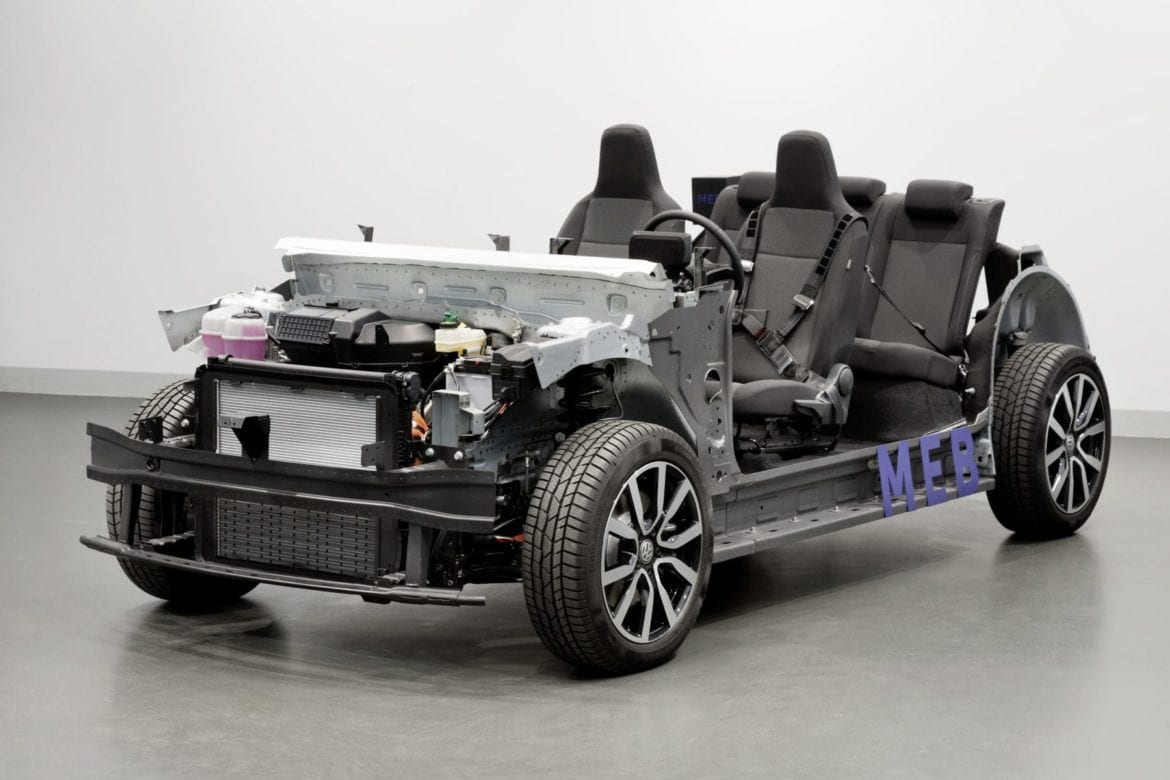Volkswagen’s ambitious plan of 22 million electric cars by 2030 requires a lot of batteries. There have been plenty of Volkswagen battery contracts flying around, but some battery suppliers, such as Samsung, are finding it hard to keep up.
Volkswagen went gunning for Tesla when it dropped 50 billion euros ($56 billion) of battery contracts from numerous providers. Volkswagen had picked LG Chem, Samsung SDI, SK innovation, and CATL to help fulfill its gigantic order.
Unfortunately, sources close to the matter have reported that Samsung has been unable to supply its contract amount.
Samsung had initially agreed to deliver 20 gigawatt hours worth of batteries. This would be enough to power 200,000 cars with 100 kWh battery packs, and over 400,000 cars with 48 kWh battery packs (such as the upcoming ID.3). This commitment was made prior to any sort of deadlines, and it now seems that Samsung just cannot bring the batteries in time.
According to the source, Samsung can only provide less than 5 gigawatt hours of batteries. Depending on the configuration of car, this means that Volkswagen’s electric car production would be cut by 150,000-300,000 cars.
Evercore ISI analyst Arndt Ellinghorst stated that, “VW ultimately needs 300 gigawatt hours of annual battery cell supply and without robust global multi-sourcing contracts this will be impossible.”
Volkswagen has already had some issues with its battery supplies and it hammers home the importance of an automaker managing its own battery supply. There have been rumors that LG Chem had threatened to stop supplying VW with batteries after it learned that VW was interested in partnering with SK Innovation to build its own battery factory.
Additionally, there have already been battery supply issues with Audi’s much lower volume e-tron.
Ever since Tesla first popularized the electric car, it has been noted that battery supply was the limiting factor in electric car production. Now with even more automakers vying for precious lithium, the problem will be exacerbated.
Volkswagen’s debut ID.3 is slated to start production at the end of this year. Will there be enough batteries to go around?
What do you guys think? Let us know down in the comments below.
Source: Bloomberg
